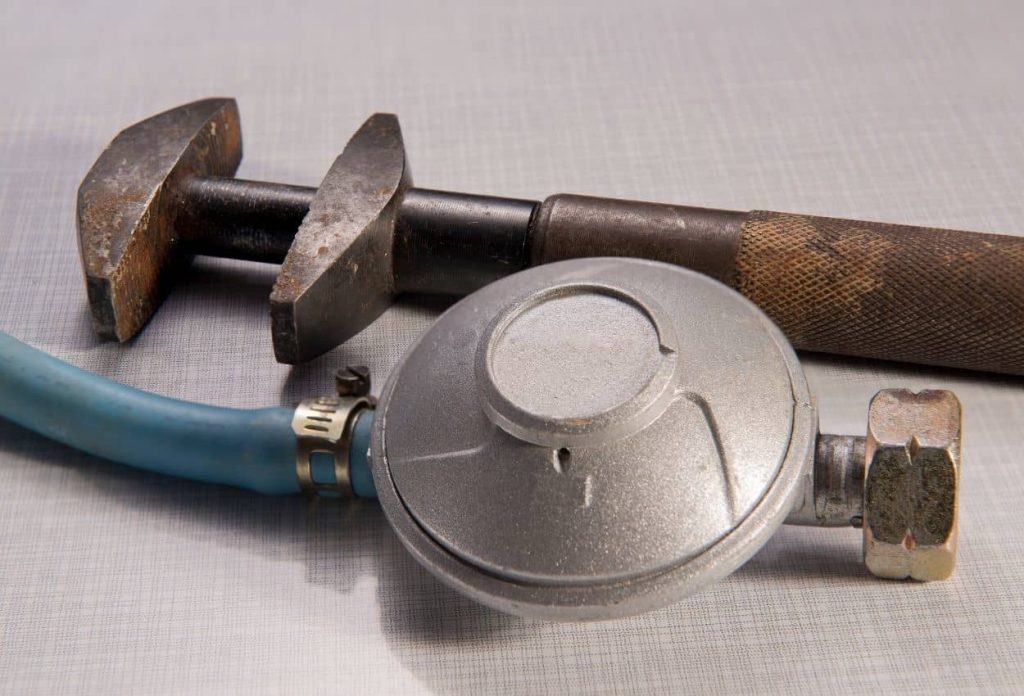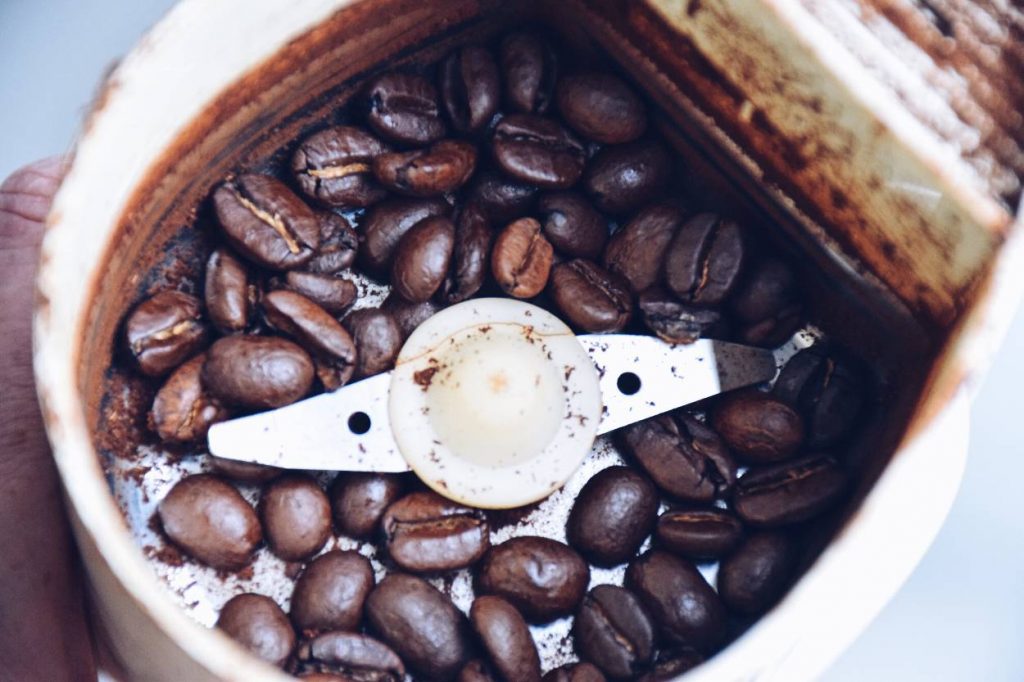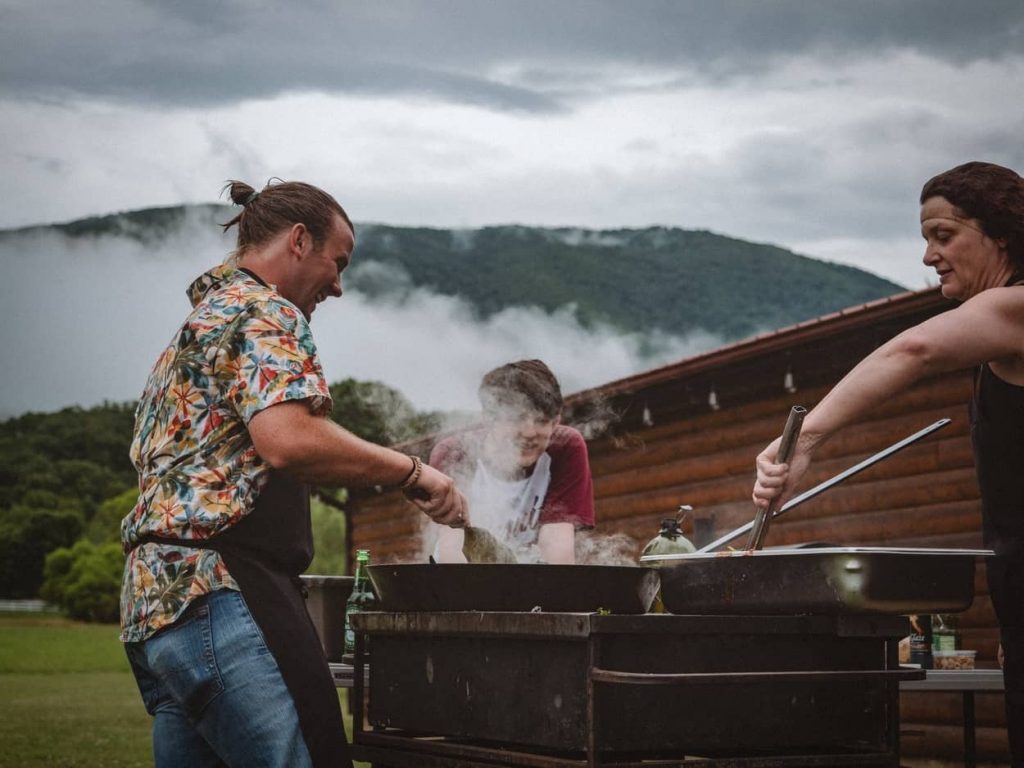Using a gas grill is convenient, and it saves me time as well as limits the cleaning time. I know that is why you too, own a gas grill. However, have you ever asked yourself, do I need a regulator for my propane grill? If you did, I’m going to provide you with answers you anticipate via this article.
Yes, you do need a regulator to work with your gas grill, but there are exceptions. I’m a person who has suffered a hell of a lot due to gas grill regulators, and the experience I have about them is immense. Let’s spend a minute talking about this topic.
[wpsm_toplist]
What Does a Propane Regulator Do?
The job of a BBQ grill propane regulator is to control gas flow to the components needing propane. Without a regulator, it is pretty much difficult for you to control the high-pressure gas output from the cylinder.
This says that the parts of your gas grill need low gas pressure to perform their duty. However, there are certain components of the grill that require high gas pressure levels as well, and the barbecue grill regulator is what does this adjustment.
What Happens If You Don’t Use a Gas Regulator?
Should you use a regulator on propane BBQ grills? Of course, you should use one. Do not get tempted to use a propane gas grill without a regulator.
If you happen to use a gas grill without a regulator, all the grill joints will become vulnerable, including all the pipes. Because of the pressure, there will be gas leakages, and I think you can assume what will happen there after.
In addition, you won’t have any control over the gas pressure when there is no regulator in place. It might be too low or too high. When the flow of gas is too low, obviously, the flames will be too low.
Similarly, if it is too high than the required level, you will burn more gas leading to more costs other than the damages to the grills. So, I reckon you use a propane gas grill regulator to prevent all these problems from happening with you.
Are All Gas Grill Regulators the Same?
Although the task of a gas grill propane regulator is more or less the same, there are different gas regulator types that can be seen in the market.; first-stage regulators, second-stage regulators, high-pressure regulators, and automatic regulators, to name a few.
All in all, the type of propane gas pressure regulators depends on the method that you are using gas. It’s like this; a high-end BBQ grill requires a different type of regulator in comparison to an ordinary home BBQ gas grill.
If you are not in a position to figure out this, my recommendation would be to take your propane supplier with you when you are buying a propane tank. Also, let him know exactly about your requirements. I hate post-purchase disappointments, so I do not leave any margin for errors.
How Does a Propane Regulator Work?
One might think there is no need to learn about these things, but I want you to get rid of that mentality as knowing about tiniest detail about your gadget will help you get maximum benefits while keeping it in good shape.
Normally, the regulator is fixed onto the propane tank, and as mentioned, it controls the flow of propane to the components of the grill.
In addition, there would be a part called “bypass” on the regulator. This is what shuts down the total gas supply when there is no propane grill regulator pressure coming from the tank. This scenario usually occurs when there is a gas leakage or if you leave the burners on for unnecessarily too long.
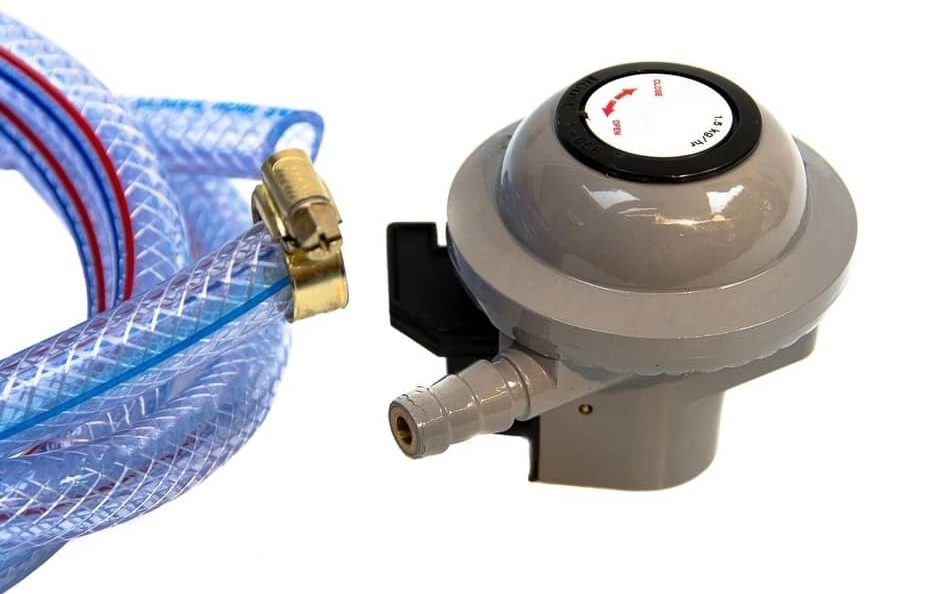
How to Tell If Propane Regulator Is Bad?
Actually, there are a handful of signs that tell you about propane grill regulator replacement. I have compiled a list of indications below so that you can quickly take appropriate actions before things get out of your control.
Yellow Flames
Regardless of the appliance you use, there should be blue flames if you are using propane gas as the fuel source. And, it is the best indication you can come across when the regulator is at its optimum condition. Moreover, Yellow flames say that the BBQ regulator pressure is too low.
Residues of Soot
Yes, this is another sign that your grill and its components are crying for a regulator replacement. If the regulator functions properly, there is no chance for dark smoke to create soot deposits.
That said, faulty burners and/or a troublesome propane tank too can cause the exact issue on your gas grill. So, investigate everything is in order before you pull your credit card out to replace anything.
Unusual Sounds
If you hear popping sounds, have in mind that it is a major symptom of propane grill regulator problems. There shouldn’t be any sound coming out when propane burns in the system. When the pressure is drastically low, you would hear a popping sound.
Unusual Smell
Similar to sounds, a propane-powered grill should not have a smell of gas when it is in operation. This is a hint of a leakage in the regulator. You can double-check this by spraying soapy water over the gas regulator. If you notice bubbles on soapy water, stop the operation and look for the appropriate solution immediately.
Regulator Freezes
Regulator freezes can happen for various reasons, including cold climates. This is a significant issue most people face, especially during the winter, and it is advisable that you keep the propane tank in a place that is not exposed to cold climates.
However, you don’t have to replace the regulator when this happens, as there are simple executions you can make to eliminate regulator freezes (I’ll talk about this later in the article).
What Kind Of Propane Regulator Do I Need?
Do I need a propane regulator? Yes, you do need one. The next question you would raise is, what type of propane regulator do I need? Since there are several types of regulators, it may be kind of overwhelming, particularly for the rookies, to come to a conclusion regarding the type of regulator for gas grill propane tanks.
However, the decision has to be taken depending on the BTU requirement of your grill rather than personal preference.
You can see the BTU value by inspecting the sticker pasted on your grill. There will be several BTUs mentioned there, and make sure to add up all the BTU values when calculating the total BTU. Once you figure out that value, follow the below-mentioned details to buy the perfect regulator.
If the BTU value is under 60,000, it will be enough to buy a simple hose and a basic sort of regulator. If it is beyond 60,000, you got to have a single or two-stage regulator.
How to Adjust Propane Grill Regulator?
Before we elaborate on the process, note that some products come with pre-fixed units; thus, you cannot adjust. If you have an adjustable regulator, you can follow the below-mentioned steps.
First, turn the handle of the propane gas tank all the way to allow the flow of gas normally. Then, similarly, turn the regulator to its maximum. Now, locate the burner control knob and turn it to “start.”
After, that light the burner whatever the way you like to the maximum. Then, you can adjust the regulator by watching the flames to the needed level. When the flames start to subside, stop there; you are at the correct setting.
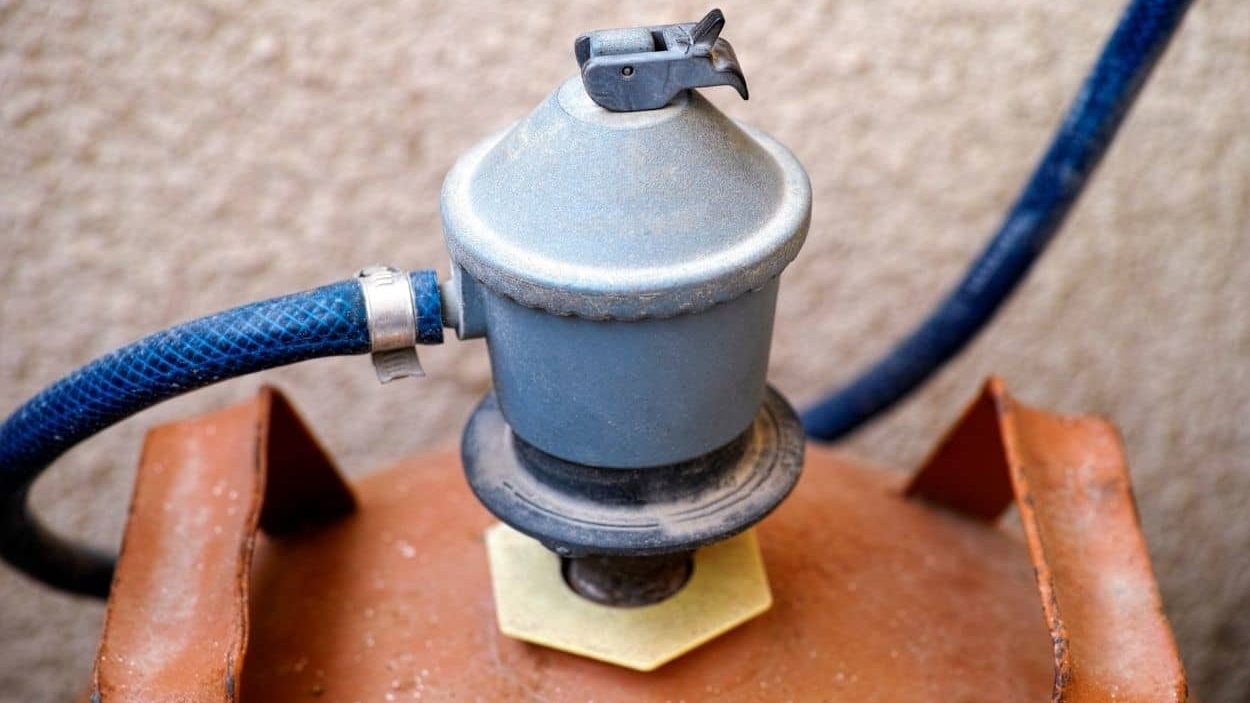
How Do I Reset The Regulator On My Gas Grill?
Is your propane regulator not working? Before you do anything, I want to suggest to you that a simple resetting of the regulator might be more than enough to get everything up and running again.
Before you reset the regulator, make sure other crucial parts of the grill are properly working. Here is how you reset the regulator of a gas grill.
- As the first step, turn off the gas of the tank and disconnect the connecting hose.
- Then open the lid of your grill and turn on burner valves to their maximum.
- Now, be patient and wait for about two to three minutes.
- After that, turn all the burner valves off.
- Then, reconnect the connecting hose again with the tank.
- Finally, turn the gas on again gradually and light the grill as you would normally.
That is how I reset the regulator of my grill, and I hope it works with you as well.
What is The Difference between High Pressure and Low-Pressure Propane Regulator?
According to the knowledge I have over this, the difference between the two is the gas intake. Low-pressure burners usually have the capacity to regulate a gas intake around 6OZ per square inch, whereas the high-pressure ones do it around 1-60 pounds per square inch.
This also tells that outdoor BBQ grills require high-pressure gas regulators as they need more fuel to do the job compared to low-pressure indoor stoves or grills.
Can you use a high-pressure regulator with a low-pressure burner? I want you to stay away from using high-pressure regulators with low-pressure burners. The combination is not ideal, and you could end up with loads of unnecessary hassle. In such situations, you could go with an adjustable low-pressure propane regulator with gauge to match a low-pressure burner.
FAQs
As I always do, here are answers to some of the frequently asked questions about Gas grill regulators. If something is left unanswered, let me know your question in detail down in the comment section. If it is within my scope, it won’t take much time for me to answer your concern.
Do You Need A Regulator for Natural Gas Grill?
Irrespective of the appliance you use, you do need a regulator. Almost all home appliances that run on gas do have regulators on them.
However, if your gas grill runs directly from the main gas supply and has a low-pressure regulator before the grill, then there is no need for a separate regulator. But, for those who supply gas from a tank to the grill, I highly recommend opting for a regulator.
How Do You Keep A Propane Regulator From Freezing?
There can be various factors contributing to this issue. You have to ensure that fuel contains no water until it passes the gas grill regulator. However, I know that it is easier said than done in most circumstances.
The best preventive action you can implement is to use only dry LP gas. You can add methanol if you come across freeze-ups, and that is the best solution I can offer you if you are currently facing this problem.
Here are three other methods that I use to prevent the regulator from freezing.
- Change the position of your propane tank to an elevated location. Ensuring the propane tank at a relatively higher position keeps it safe from moisture.
- There are covers for gas grill regulators. I have one for my unit, and it helps me to keep the regulator dry all the time.
- Adjusting the vent hole of the regulator is another method that I use.
Further, I want my readers to consider the outside humidity levels as well. In certain situations, it can also be one of the reasons for regulator freezes. But, don’t neglect the possibilities of the actual issue no matter what.
Wrapping up..
So, guys, let me know what your answer would be if someone asks you do I need a gas regulator. It should be yes if you have read the content. Since it’s a game with a highly explosive liquid, it is good to have everything under control to prevent issues.
In that sense, you just can’t ignore the importance of a regulator. Also, it won’t cost you an arm and a leg to fix a regulator on a grill, so what are the excuses you have not to go for it? I think there are none.

